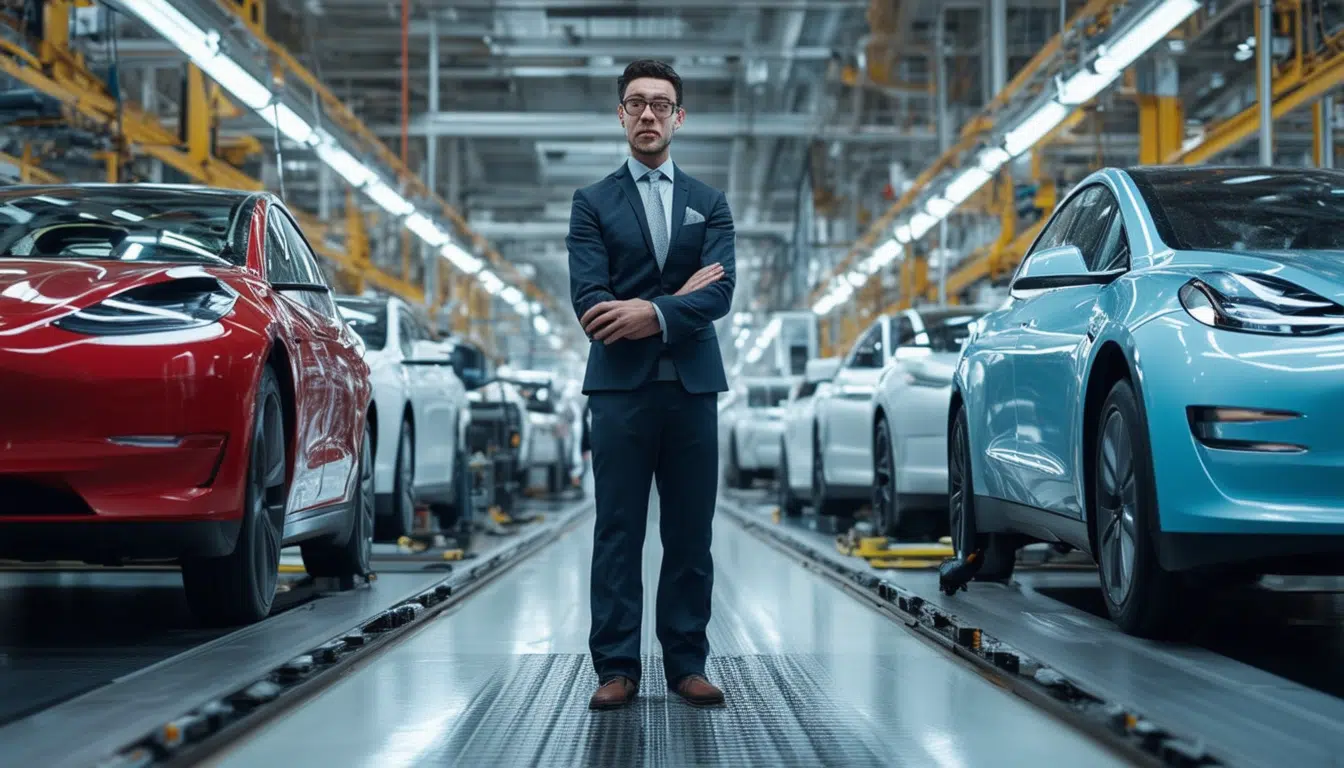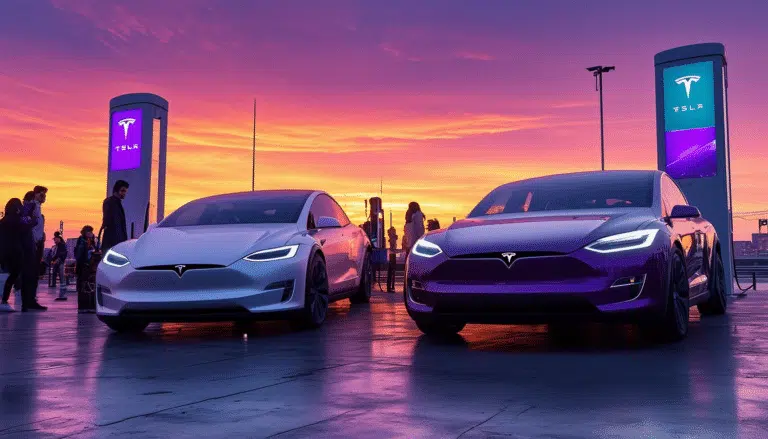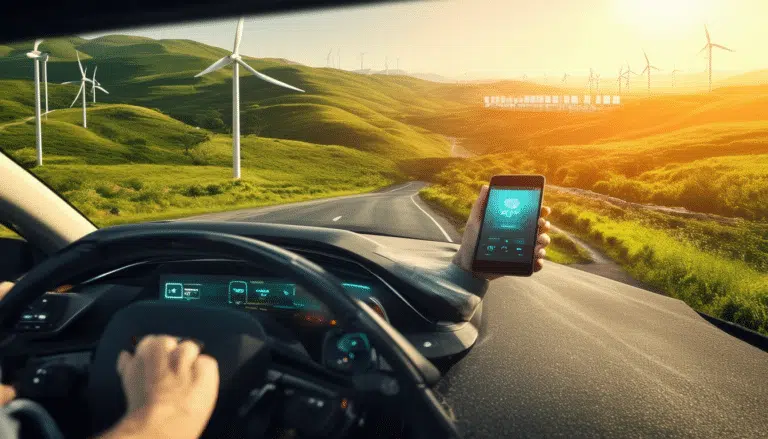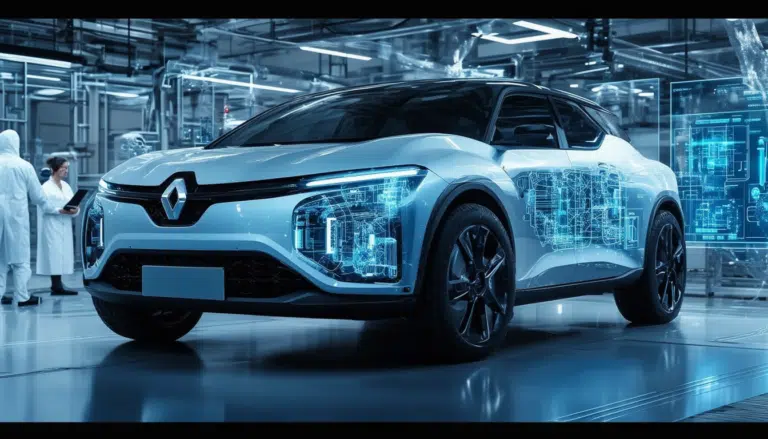The crossroads of car manufacturers: will they lose profit opportunities by focusing only on electric cars?

In a context of regulatory changes and technological advances, automobile manufacturers face the crucial decision of focusing exclusively on electric vehicles while evaluating the economic risks and benefits involved. With the emergence of models such as the Tesla Model 3 and the growing global pressure to reduce carbon emissions, many in the industry are grappling with whether to move towards complete electric production or to maintain a commitment to internal combustion engines that still constitute a significant part of their revenue. This crossroads is a hot and relevant topic, sparking an intense debate about the future of the automotive industry.
The role of Tesla in the paradigm shift
The Tesla Model 3 has been a key piece in the industry’s transformation towards electric vehicles. Being the first electric car produced at scale with excellent performance and a relatively affordable price, it has made a deep impact. Many manufacturers are trying to replicate its success, although the path is not the same for all. This is partly due to the regulations that will come into effect, such as in the European Union by 2035, and the technological influence exerted by Chinese and American manufacturers.
Geely’s warning about the exclusive focus on electric vehicles
Despite Tesla’s success, not all manufacturers believe that the exclusive adoption of electric cars is the right path. Geely’s CEO, Gui Shengyue, shared his concerns about this, pointing out that focusing all efforts on electric vehicles could strip automotive companies of an important source of income obtained through cars with gasoline engines. This is especially true in the context of the current energy transition, where internal combustion engines still play a vital role.
Geely: A balance between electric and traditional
Despite Shengyue’s statements, Geely brands show a strong commitment to electric. Volvo, Lynk & Co, and Zeekr have incorporated electric and plug-in hybrid vehicles into their offerings, highlighting a path towards electrification that does not completely abandon traditional engines. This balanced approach allows Geely to address both sectors, maximizing its market reach while remaining committed to sustainability.
China and the demand for plug-in vehicles
In China, the adoption of electric vehicles is considerable, accounting for more than half of market sales, according to the China Passenger Car Association. The growth reflects the interest in these cars and underscores the importance of continuing to produce gasoline engine models optimized to be more efficient and less polluting. This hybrid approach could become the standard that allows manufacturers to maintain their relevance.
The future: Coexistence and efficiency
Shengyue argues that gasoline cars will not disappear completely, but rather evolve to be more efficient and compete technologically with their electric counterparts. This implies significant redesigns to minimize costs and emissions while maintaining high levels of technological innovation. The idea is for internal combustion engine vehicles to transition to being less dependent on oil while contributing to global emission reduction efforts.
The Strategic Dilemma of the Automotive Industry
The automotive industry is at a critical moment of transformation, where the transition to electric cars is shaping up as an environmental and regulatory imperative. However, this direction is not without significant economic challenges. Automobile manufacturers must balance their ambition to lead in sustainability with the financial reality of maintaining solid profitability.
As automotive giants like Tesla have demonstrated the potential of electric cars in the global market, other manufacturers are struggling to adapt to this new paradigm. The key to success is not just adopting electrification, but doing so in a profitable way. Initial investments in R&D, infrastructure, and technology are colossal, and many companies fear that an exclusive focus on electric vehicles may erode traditional profit margins.
In this context, the dilemma is whether to completely abandon the production of internal combustion vehicles or continue exploring a hybrid model that allows benefits from both technologies. Gasoline cars, despite increasing restrictions, still represent a solid revenue driver for many manufacturers. Global demand has not disappeared, and offering more efficient and less polluting cars may be a viable strategy for maintaining competitiveness.
The answer is not uniform, as each market presents unique particularities. In regions where the infrastructure for electric cars is less developed, internal combustion vehicles will remain relevant. Meanwhile, in Europe and Asia, where regulations are stricter, manufacturers will be pressured to accelerate electrification.
The real challenge is to find a balance that considers not only environmental requirements but also market dynamics and consumer expectations. This way, manufacturers can mitigate financial risks while maximizing opportunities in an evolving sector. Diversification, innovation, and flexibility appear to be the keys to successfully navigating this automotive crossroads.




